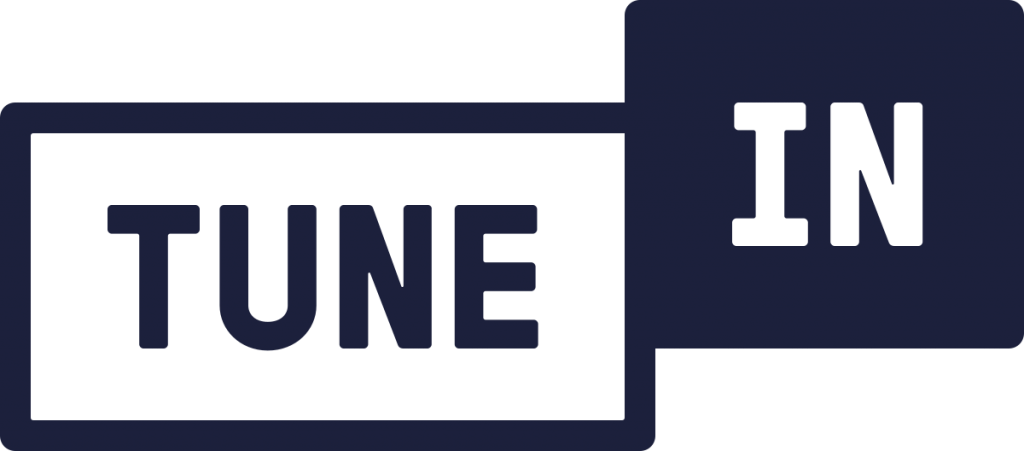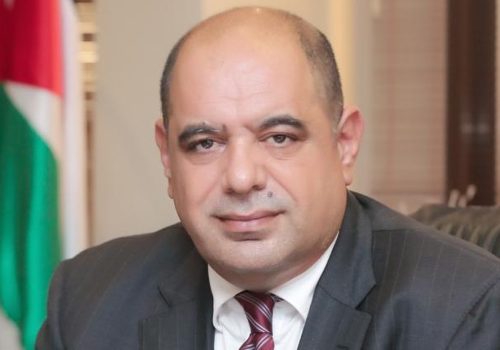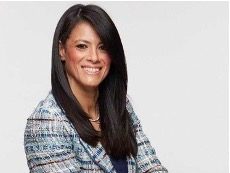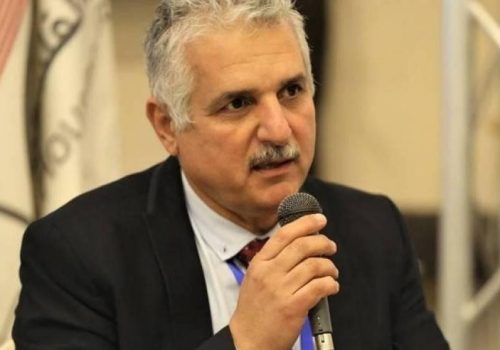Economies in Transition: Middle East
In Season 3, Episode 4 of empowerME Conversations podcast, host and Atlantic Council empowerME Chairman Amjad Ahmad speaks with International Monetary Fund’s Director of the Middle East and Central Asia Department Jihad Azour and guest co-host Atlantic Council’s empowerME Director Racha Helwa to discuss the economy and market opportunities of the MENA region, women and youth empowerment, and the development of differing entrepreneurial ecosystems within the region.
“If we can rethink regional cooperation by developing new avenues of complementarity between countries, by opening up certain sectors, this in itself will not only strengthen regional integration, but also will create additional opportunities for jobs
and for markets.”
Key Takeaways
00:00 Intro
02:43 Azour discussed how the current outlook in the region has moved from promising to challenging in a world where inflation is on the rise, there have been disruptions in supply chains, and there are issues with energy supply and security.
07:12 Azour emphasized that the rapid deterioration of climate conditions is only adding to the challenges that countries are facing, and reform must be well-calibrated to overcome these issues.
12:25 Azour talked about the importance of direct targeted social assistance, such as in Morocco, where over 5 million families were provided with support through Morocco’s Special Fund for the Management and Response to COVID-19.
16:09 Azour mentioned Egypt as an example of a country that has reformed over the last 5 years as it moved from untargeted subsidies to targeted support and improved living conditions for millions of people, highlighting that these changes have helped Egypt’s economy to grow 5%.
19:42 Azour emphasized the importance of using renewable energy, citing Masdar, a company in the UAE that emphasizes renewable energy, as a positive example, and adding the importance of creating synergy between the region and other parts of the world in this area.
23:33 Azour discussed how when the risk is high in regards to climate reforms, multilateral institutions are important to open the door for the private sector to come in.
26:10 Azour stated that governments need a multi-pronged approach in their response to climate and that they should gradually widen their sources of energy with additional investment into renewable investment.
29:04 Azour mentioned that there has been a move toward medium-term planning towards diversification to reduce dependency on oil and gas, and these are positive steps, but emphasized that challenge for Gulf countries is to continue to pursue diversification at a time when oil pries have reached over 100 USD a barrel.
32:07 Azour emphasized that if the Middle East and Central Asian countries truly want to succeed in inclusion, they need very clear strategies to involve women in the economic and decision-making arenas.
36:18 Azour discussed the IMF’s focus on creating job opportunities for women and its recent creation of a Gender Strategy, citing the IMF’s involvement in Jordan, and mentioned that it is important to level the playing field, as women in the region are often at a disadvantage due to issues with transportation, childcare, and more.
38:23 Azour discussed the importance of entrepreneurship, and how entrepreneurship can help create jobs, build the competitiveness of the economy, and grow the economy over the medium term.
41:42 Azour highlighted how being involved in the global market can help countries whether shocks such as the COVID-19 pandemic, pointing to Morocco’s involvement in the production of spare parts as an example.
44:32 Azour stated that debt combined with external shocks increase vulnerability, and discussed how the IMF helps countries deal with how to reduce the level of debt and the level of external shocks on economies.
47:22 Azour mentioned that it is important to have a sustainable level of debt, and what
“sustainable debt” is depends on the country, the nature of the debt, and a variety of other factors, emphasizing the necessity of assessing this on a country-by-country basis.
48:55 Azour highlighted that Gulf countries have been great supporters over the years to other countries in the region, and that they, as well as various regional institutions, have contributed to providing financing to other countries.
50:45 Azour discussed the need to gear policies towards addressing high levels of unemployment, starting with strengthening education, improving the labor market and the quality of infrastructure, to strengthening governance, as well as recognizing the region’s vulnerabilities, which include the high level of internally displaced refugees and the high level of conflict in the region.
Find the empowerME podcast on the app of your choice
The empowerME Conversations podcast features conversations with business and government leaders shaping the Middle East. The podcast sheds light on key opportunities and challenges for companies and governments, and Season 3 will focus on government ministers driving regional economic growth. Season 3 of the empowerME Conversations podcast is powered by UPS.









